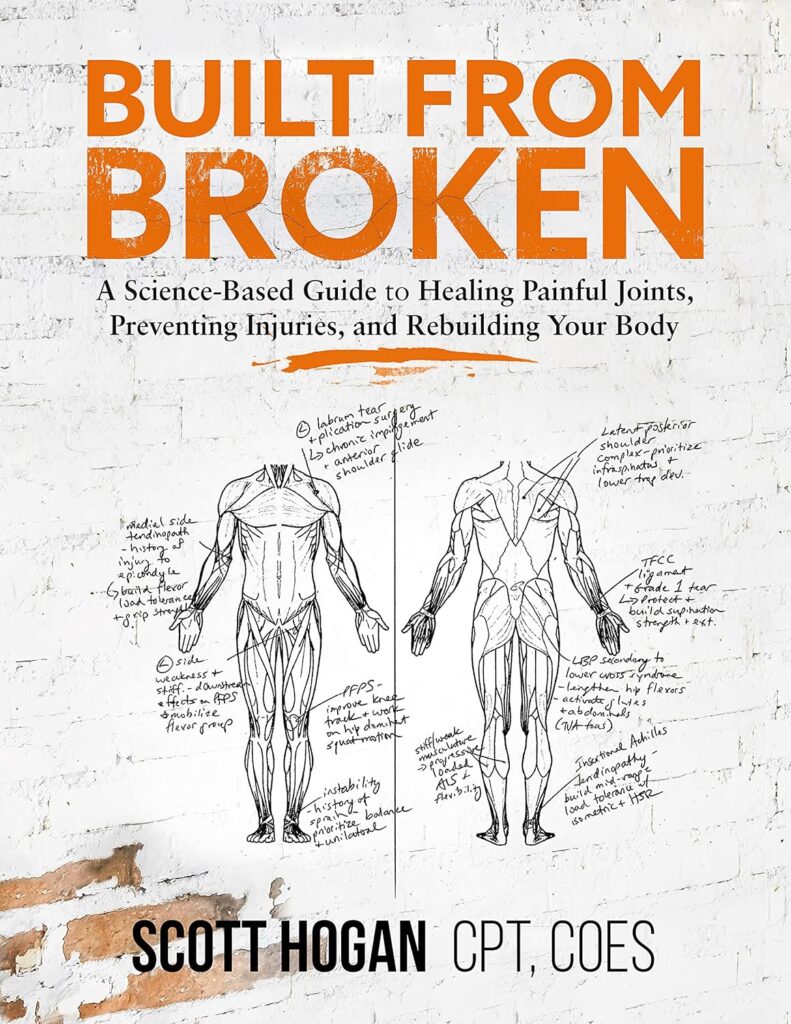The ancient Greeks believed muscular development represented divine perfection. Today’s Instagram fitness influencers might flex in agreement – but science reveals an even more extraordinary truth: your muscles are secretly running the show. While we often think of our brain as the control center, your muscular system is actually a vast biological Internet, constantly sending and receiving signals that influence everything from your mood to your lifespan. These powerful tissues, which make up nearly half your body weight, aren’t just passive movers – they’re active communicators, metabolic regulators, and longevity enhancers.
This revolutionary understanding of muscle biology has transformed how we view strength and fitness. While we once saw muscles simply as contractile tissue, research reveals them as sophisticated endocrine organs that influence brain function, immune response, and aging processes.
Recent research paints a compelling picture of muscle’s vital role in health. Studies show that sarcopenia (age-related muscle loss) begins as early as age 30, with people losing 3-8% of muscle mass per decade – a process that accelerates after 60. However, research also reveals that this isn’t inevitable: proper resistance training can maintain and even build muscle well into our later years. Scientists have identified over 650 myokines (think of them as molecular messengers that muscles release into your bloodstream, like texts sent to other organs) produced by muscle tissue, including key players like IL-6 and irisin, which influence brain health, immunity, and metabolism. Yes, muscles protect against diseases. Particularly exciting are findings about PGC-1α (imagine a factory supervisor who responds to exercise by ordering the creation of more energy-producing units), a protein that enhances mitochondrial function in muscle cells, improving both energy production and cellular health. These discoveries explain why strength training has been linked to reduced depression risk, better immune response, and increased cognitive function – far beyond what we’d expect from mere physical exercise.
Think of your muscular system as a biological battery bank that powers health and longevity. Strong, well-maintained muscles provide metabolic resilience, improved insulin sensitivity, enhanced bone density, and better functional capacity as you age. When muscles weaken or deteriorate, this vital health battery begins to drain, potentially accelerating aging and increasing disease vulnerability.
Modern biohacking has revolutionized our approach to muscular fitness. Through advanced supplements, precise nutrition protocols, and innovative recovery methods, we can now optimize muscle health more effectively than ever before. Biohackers have developed strategies that target not only muscle strength and size but also metabolic function, mitochondrial density, and neuromuscular efficiency. These methods range from traditional resistance training to cutting-edge technologies that enhance muscle recovery and adaptation.
The benefits of optimized muscular fitness extend far beyond the gym. Strong, metabolically active muscles increase your body’s energy efficiency, enhance glucose control, improve posture, and accelerate recovery from daily stresses. They act as a biological shield against aging, maintaining functional independence and quality of life as you age. Most importantly, well-maintained muscles support the vitality of your entire system, from bone health to cognitive function.
Your muscular system holds tremendous potential for enhancement. Whether your goal is increased strength, better metabolic health, or extended longevity, optimizing muscle function provides a powerful lever for overall health optimization. The key lies in viewing muscles not just as movers and seducers, but as integral players in your body’s complex network of health and longevity systems.





















